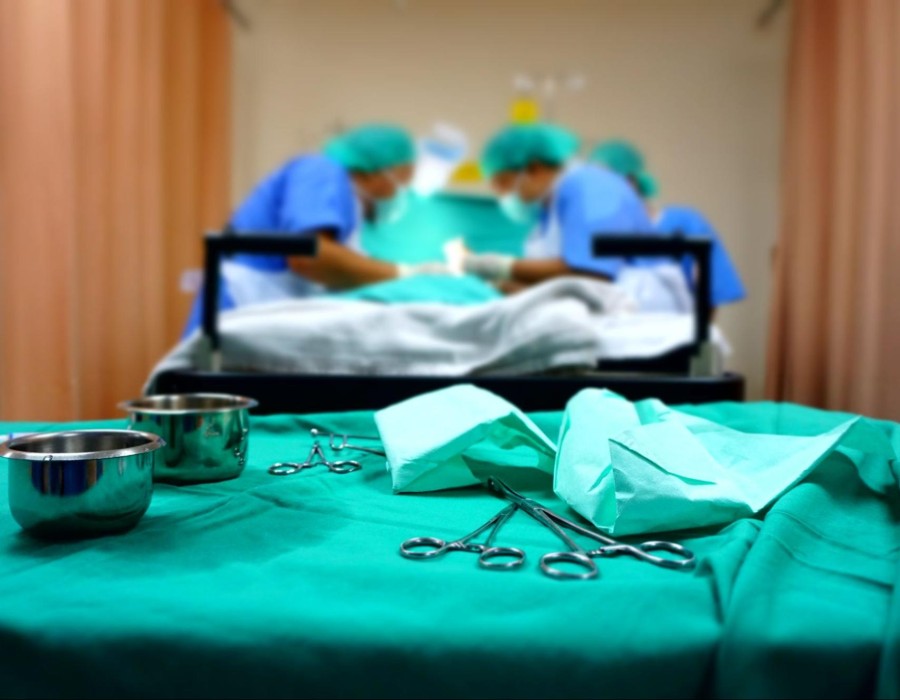Introduction:
Circumcision surgery is a significant decision for many individuals, whether for religious, cultural, or medical reasons. Understanding the recovery process is essential to ensure a smooth and comfortable healing journey. In this article, we’ll explore the timeline for recovery after circumcision surgery and shed light on the importance of selecting the best circumcision surgeon for optimal outcomes.
Recovery Timeline:
The recovery timeline following circumcision surgery can vary depending on several factors, including individual health, age, and the surgical technique used. However, a general timeline can provide insight into what to expect:
1. Immediate Post-Surgery: Following circumcision surgery, it’s common to experience swelling, discomfort, and mild pain around the surgical area. Your surgeon will provide instructions for pain management and wound care to promote healing.
2. First Week: During the initial week, rest is paramount to allow the body to heal. It’s important to avoid strenuous activities and keep the genital area clean and dry. Your surgeon may recommend wearing loose-fitting clothing to minimize irritation.
3. Two Weeks: By the end of the second week, the swelling and discomfort typically begin to subside. However, complete healing may take several weeks to a month. Attend follow-up appointments with your surgeon to monitor progress and address any concerns.
4. Long-Term Healing: While most individuals recover well within a few weeks, it’s essential to continue following your surgeon’s instructions for post-operative care to promote optimal healing and minimize the risk of complications.
Choosing the Best Circumcision Surgeon:
Selecting the best circumcision surgeon is crucial for a successful outcome and a comfortable recovery experience. Consider the following factors when choosing the best surgeon for your circumcision procedure:
1. Expertise and Experience: Look for a surgeon who specializes in circumcision procedures and has a wealth of experience in the field. A surgeon with expertise in circumcision techniques is better equipped to handle potential challenges and ensure optimal results.
2. Board Certification: Verify that the surgeon is board-certified in urology or a related field. Board certification demonstrates a commitment to high standards of training and competency in surgical procedures.
3. Patient Satisfaction: Research patient reviews and testimonials to gauge the surgeon’s reputation and patient satisfaction. Positive feedback from previous patients is a strong indicator of a surgeon’s skill and professionalism.
4. Consultation Process: Schedule consultations with potential surgeons to discuss your concerns, goals, and expectations for the procedure. A good surgeon will take the time to listen to your needs, answer any questions you may have, and provide personalized recommendations.
5. Surgical Facility: Evaluate the surgical facility where the procedure will take place to ensure it meets stringent standards of safety and cleanliness. A state-of-the-art facility with modern equipment is essential for a successful surgical outcome.
Conclusion:
Recovering from circumcision surgery requires patience, proper care, and the expertise of a skilled surgeon. By understanding the recovery timeline and selecting the best circumcision surgeon, you can embark on a journey to optimal healing and a positive surgical experience.





Comments